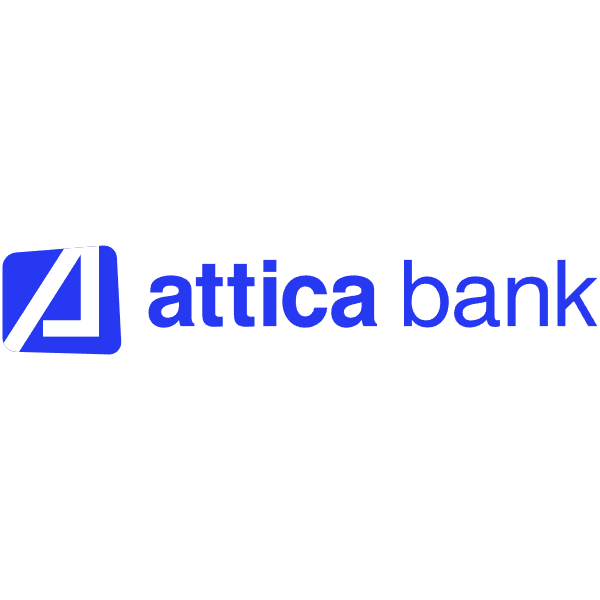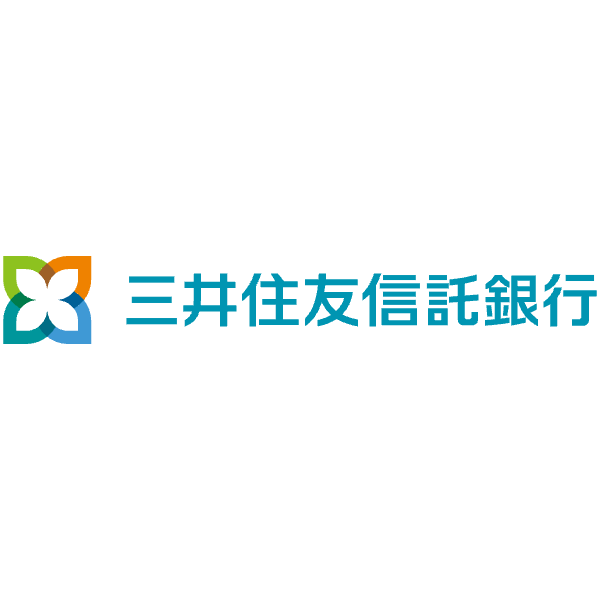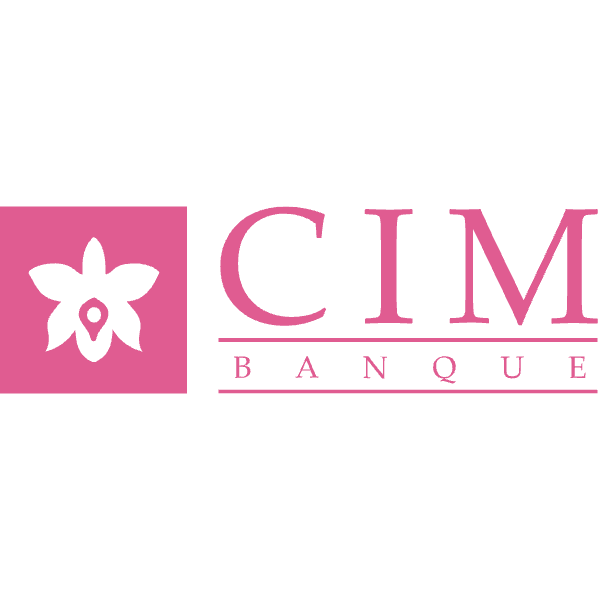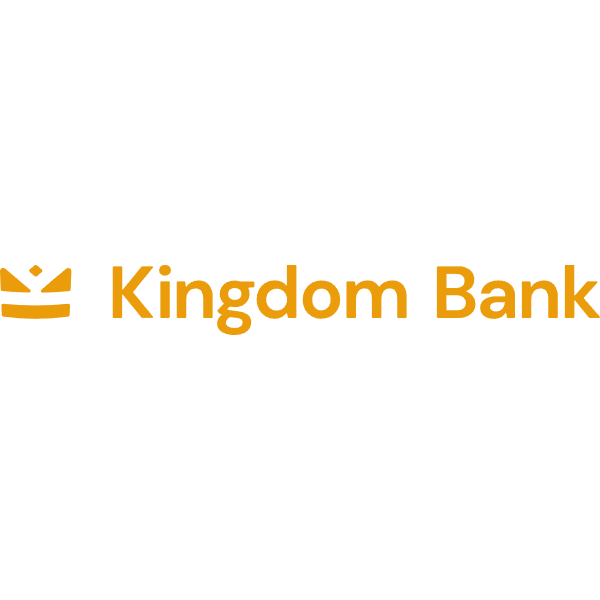Basic Information
Attica Bank S.A. is a Greek commercial bank founded in 1925 and headquartered in Athens, Greece. As a regional bank with a long history, its major shareholders include the Greek Financial Stability Fund (HFSF) and Greek government-backed entities, showing some state-owned backing. Listed on the Athens Stock Exchange (ticker symbol: TATT), Attica Bank is a publicly owned commercial bank, but it still has a significant state-owned component in its shareholding structure. The bank mainly serves small and medium-sized enterprises and individual customers, and is targeted at the Greek home market.
Scope of Services
Attica Bank's business is mainly concentrated in Greece, covering major cities across the country, especially in Athens and Thessaly. As of the latest data, the bank has about 50 offline branches and about 100 ATMs in major cities and some island areas in Greece. Although the size of its branches is not comparable to that of the four largest Greek banks, such as the National Bank or Piraeus Bank, it has maintained a certain competitiveness in its regional services. The bank has no significant international business, and its service scope is mainly domestic.
Regulation & Compliance
Attica Bank is regulated by both the Bank of Greece and the European Central Bank (ECB) and is subject to the EU's strict financial regulations. As a member of the Greek banking system, the bank has joined the Hellenic Deposit and Investment Guarantee Fund (TEKE), which provides depositors with deposit insurance coverage of up to €100,000. In recent years, Attica Bank has received special attention from regulators due to non-performing loans, but through asset restructuring and capital injection, its compliance record has gradually improved, and there have been no major violations.
Financial health
Attica Bank's financial health has fluctuated in recent years, but has stabilized through restructuring and government support. According to the latest public data, the
- is
about 11.5%, which is in line with EU regulatory requirements but lower than the average of the four largest Greek banks.
Non-performing loan ratio: about 20%, although it has fallen from a historical high, it is still higher than the industry average, reflecting the pressure on asset quality.
Liquidity Coverage Ratio: Over 120%, indicating sufficient short-term liquidity to cope with market volatility.
Overall, Attica Bank is suitable for clients with a moderate risk appetite, but need to pay attention to the progress of its NPL clearance.
Deposit & Loan Products
Deposits: Attica Bank offers demand deposits (interest rates close to 0%) and term deposits (1-year interest rates of about 0.5%-1%, depending on the amount). Featured products include a high-yield savings account (minimum balance required) and large certificates of deposit (1-3 years, up to 1.5% interest rate).
Loans: Mortgage interest rates are around 3.5%-5%, depending on the loan-to-value ratio (LTV); The interest rate of the car loan is about 6%-8%, and the approval threshold is high; Personal lines of credit range from 8% to 12% and proof of income is required. Flexible repayment options are limited, and some loans allow for early repayment with penalties.
Attica Bank's product design is more traditional and appealing to low- and middle-income customers.
List of common expenses
Account management fee: Approximately €1-2 per month for a regular current account, which may be waived for high-yield accounts.
Transfer fee: Domestic transfers are free of charge (via online banking), cross-border transfers cost around €5-15, depending on the amount.
Overdraft fee: The overdraft interest rate is about 12%-15%, and interest is calculated on a daily basis.
ATM inter-bank withdrawal fee: The Bank's ATM is free of charge, and the inter-bank withdrawal is about 1.5 euros per time.
Hidden Fee Warning: Some accounts require a minimum balance (e.g. €500), otherwise additional administration fees may apply. Customers are advised to read the terms carefully.
Digital service experience
Attica Bank's online banking and mobile app (Attica e-Banking) features are relatively basic, with user ratings of about 3.5/5 on Google Play and App Store, reflecting a decent user experience. Core features include real-time transfers, bill payments, and deposit management, but lack investment tool integration. In terms of technological innovation, banks have introduced basic AI customer service (for FAQs), but there is no robo-advisor or open banking API support. Digital services are suitable for the basic needs of day-to-day, but they fall short of the advanced experience of international banks.
Quality of customer service
Attica Bank offers 24/7 phone support (+30 210 366 9000) and live chat features, and social media (e.g. Twitter) are more responsive and usually respond within 1 hour. The complaint rate data is not transparent, but user feedback shows that the average time to handle complaints is about 3-5 working days, and the satisfaction rate is moderate. The bank supports services in Greek and English, and some branches are available in Italian and German, making it suitable for cross-border customers. The overall service is characterized by friendliness and localization, but the efficiency needs to be improved.
Security measures
security of funds: deposits are protected by TEKE up to €100,000. Banks employ real-time transaction monitoring and two-factor authentication (2FA) to protect against fraud.
Data security: Attica Bank is ISO 27001 certified, demonstrating its compliance with information security management. No major data breaches have been reported in recent years, but it needs to continue to monitor the progress of IT system upgrades.
The security measures are in line with industry standards and provide customers with basic confidence.
Featured Services & Differentiation
Segments: Attica Bank offers student accounts (no management fees, suitable for customers aged 18-25) and senior savings plans (high-interest time deposits). There are few green financial products, which only involve some ESG bond investments.
High-net-worth services: The bank's private banking services have a low threshold (about 100,000 euros in assets) and provide customized financial solutions, but the investment options are more limited than those of international private banks.
Attica Bank's special services are focused on local needs and are suitable for small and medium-sized customers in Greece.
Market Position & Accolades
Attica Bank is not in the top 1,000 in the global ranking of banks in terms of assets, but it is in the middle of the Greek regional banks, with assets of around €4 billion. It has not won an international award in recent years, but it was nominated for "Best SME Bank" in Greece (2022). Its market positioning is a regional service provider, and its competitiveness depends on local advantages and government support.
















